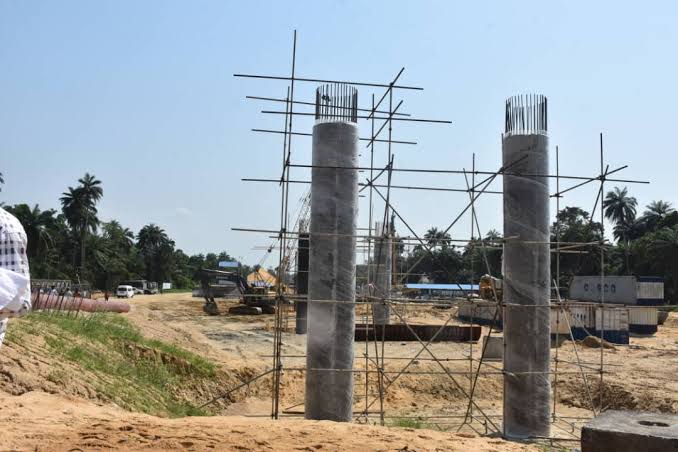By : Goodluck E. Adubazi, Abuja.
The Managing Director of TotalEnergies CPFA Ltd, Mr. Olawale Olasoji, has described pension as “people’s life,” emphasizing the need for robust regulation, adequate funding, and sustainable management practices to safeguard the future of pensioners in Nigeria’s oil and gas industry.
Speaking at the 2025 PENGASSAN Pension Summit held at the Transcorp Hilton, Abuja, themed “The Future of Pensions in the Nigerian Oil and Gas Industry,” Olasoji commended the Petroleum and Natural Gas Senior Staff Association of Nigeria (PENGASSAN) for broadening its focus beyond remuneration during active service to the welfare of workers after retirement.
“Pension is people’s life,” he said. “It’s encouraging that PENGASSAN is now talking about what happens after service. That’s a great conversation, and I must commend PenCom for being proactive and supportive of the industry.”
Olasoji outlined key pillars necessary to ensure the sustainability of closed pension funds, highlighting regulatory oversight, adequate funding, risk management, and human capital retention as critical areas requiring constant attention.
He stressed that without a strong regulatory framework, pension schemes could easily be compromised.
“Without regulation, people can do whatever they want. One thing that distinguishes developed countries from developing ones is the quality of oversight. We appreciate what PenCom has been doing and encourage them to continue,” he added.
On the adequacy of funding, the TotalEnergies CPFA boss noted that mere promises are insufficient if financial contributions are not aligned with current economic realities. He called for regular reviews of actuarial valuations and contributions to match inflationary trends and volatile foreign exchange rates.
“What was adequate three months ago may no longer be adequate today. We must proactively respond to economic dynamics,” he said, citing the effects of early retirements and macroeconomic instability on pension funds.
Olasoji also emphasized the security of pension funds, stressing the need for continuous assessment of custodians and fund managers to ensure that “those who keep the money today are still qualified to keep it tomorrow.”
He acknowledged that while the industry has made progress in compliance and risk management, more needs to be done in measuring and mitigating financial risks such as currency fluctuations and market exposure.
Turning to the challenge of human resource retention, Olasoji lamented the growing brain drain within the financial and pension management sectors, which he said is affecting institutional knowledge and the quality of fund administration.
“When experienced professionals leave, the quality of service drops. We must find ways to retain talent within the CPFA space,” he advised.
The TotalEnergies executive further urged continuous learning, stakeholder collaboration, and institutional adoption of international best practices, praising PenCom for its innovative regulatory initiatives and engagement with industry leaders.
He proposed the establishment of measurable performance indicators (KPIs) — particularly the timeliness of pension payments — as a yardstick for assessing the health and reliability of pension schemes.
“When retirees receive their payments without delay, it reassures everyone that the system is working,” he noted.
Olasoji also encouraged strategic partnerships between pension administrators, unions, and host organizations to extend welfare benefits to retirees, ensuring that those who served the industry in the past are not neglected.
“At TotalEnergies, negotiations with unions extend benefits to retirees. This ensures that those who left service years ago still share in welfare improvements. That’s what sustainability looks like,” he concluded.
The summit, attended by top executives, regulators, and labour leaders, provided a platform for stakeholders to deliberate on the sustainability, adequacy, and security of pension funds within Nigeria’s oil and gas sector.













